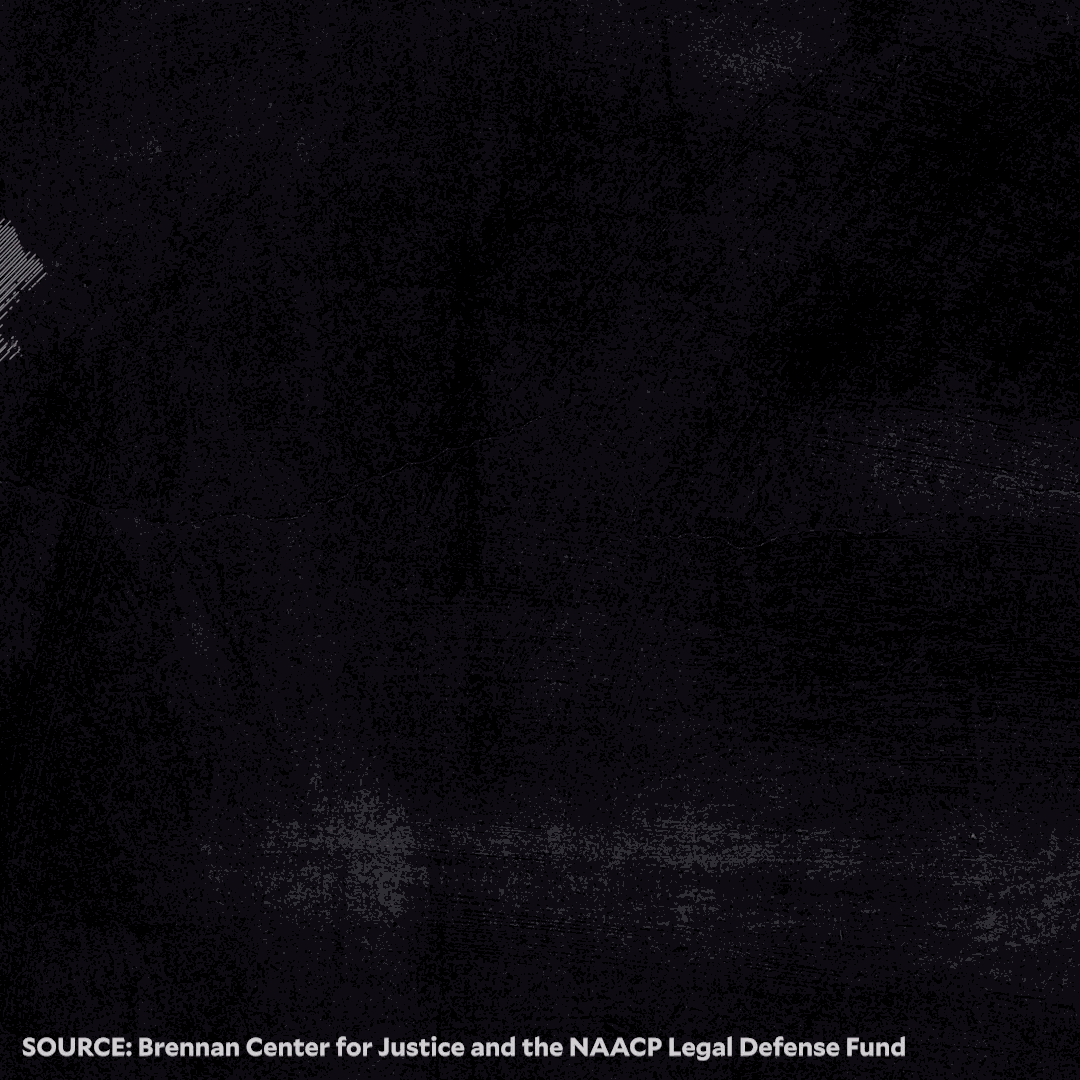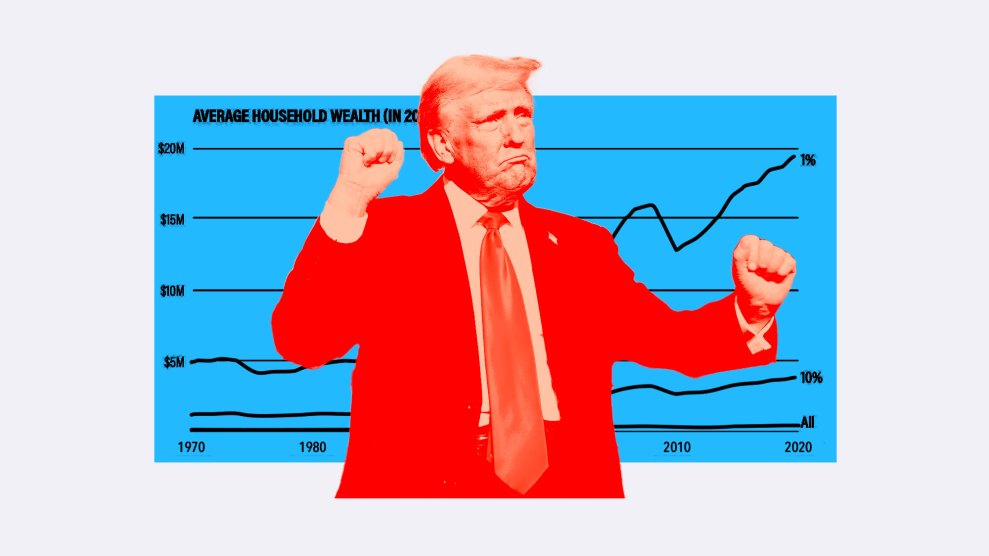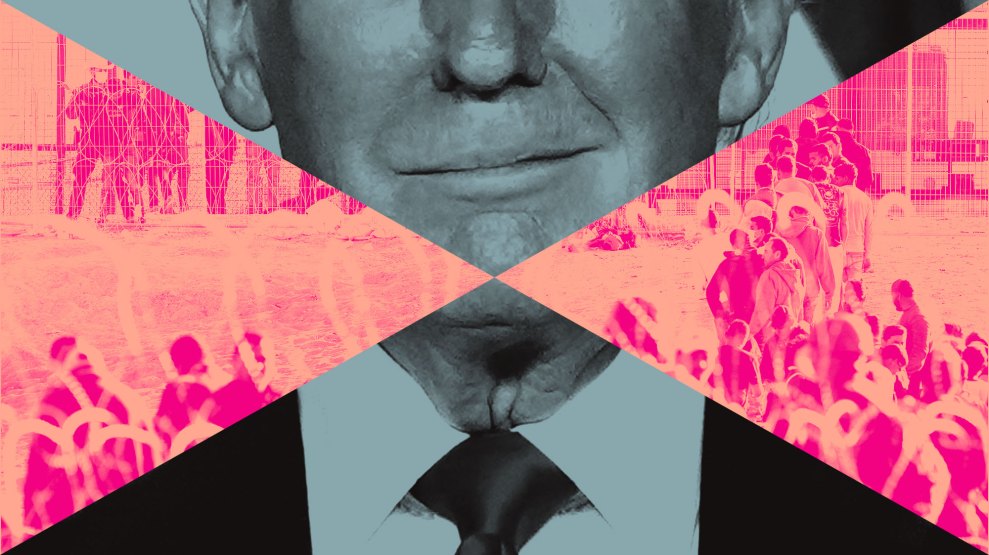On June 25, 2013, Chief Justice John Roberts gutted a key section of the Voting Rights Act, ruling that states with a long history of voting discrimination no longer needed to get federal approval for changes to their election procedures. “Things have changed dramatically” since the law’s enactment in 1965, Roberts wrote in Shelby County v. Holder, implying that there was no reason to think those states would pass discriminatory voting restrictions in the future.
But since that decision—which Justice Ruth Bader Ginsburg compared to “throwing away your umbrella in a rainstorm because you are not getting wet”—new voter suppression laws have proliferated across the country. Twenty-six states have enacted new restrictions on voting since the Shelby ruling, according to an analysis by Mother Jones on the eighth anniversary of the decision, based on data provided by the Brennan Center for Justice and NAACP Legal Defense Fund. Roughly 40 percent of these states previously had to clear their voting changes with the federal government—meaning that new restrictions on voting enacted by states such as Arizona, Georgia, and Texas likely would have been blocked if not for the Shelby decision.

These include measures like strict voter ID laws, cuts to early voting, new barriers to voter registration and voting by mail, polling place closures, and voter roll purges. Such laws have steadily increased since the Shelby decision and have dramatically accelerated this year, following Donald Trump’s attempt to overturn the 2020 election, with 17 states enacting 28 new voting restrictions this year alone, according to the Brennan Center.
“What we’ve seen since Shelby is a raft of voting restrictions across the country,” says Eliza Sweren-Becker, a Brennan Center attorney. “That trend has never been more obvious than in 2021, when we have seen so many states pass new voter suppression laws.”

















